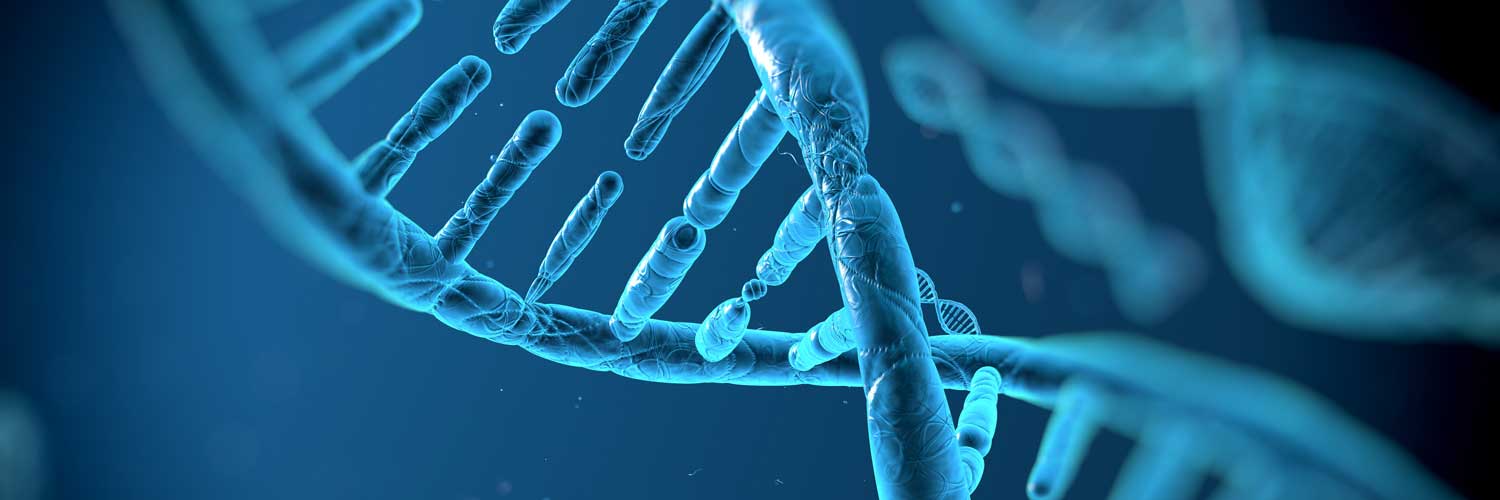Key facts about ICSI
- Intracytoplasmic sperm injection (ICSI) is an assisted reproductive procedure during in vitro fertilization (IVF) where a single sperm is injected directly into an egg, bypassing some of the barriers that prevent fertilization.
- ICSI is an optional part of IVF performed in our lab by an embryologist who injects identified healthy sperm into as many retrieved eggs as possible.
- ICSI is used for male infertility conditions, some female conditions, unexplained infertility or when previous IVF attempts have failed.
- The primary risk in the ICSI procedure is that some eggs may be damaged during the injection process.

At Ember, everyone is a VIP – very important patient
And we have a thing for the small things: Each Ember patient gets a dedicated fertility coordinator, a patient’s personal care guide through every clinic detail, from the very first phone call to meeting your little miracle.
What is ICSI?
During normal egg fertilization, a sperm penetrates the outer protective layer of an egg (the zona pellucida) and enters the inside of an egg to fertilize it, which then becomes an embryo. But in some cases, sperm quality is poor or the egg’s outer shell is too tough to penetrate, making it difficult for fertilization to occur naturally. In these situations, we use ICSI in conjunction with IVF to directly inject a single sperm into the egg’s cytoplasm where fertilization takes place.
Unlike conventional IVF, where the sperm and egg are placed together in a lab dish to fertilize, ICSI bypasses some of the barriers that prevent fertilization from occurring.
Once this procedure is complete, the IVF process continues as normal: the fertilized egg(s) grow in the lab for two to five days to develop as an embryo(s), then are transferred to the woman’s uterus to implant, grow and hopefully develop into a full-term pregnancy.
Causes of infertility ICSI addresses
ICSI is used for female and male infertility to overcome such fertility problems as:
- Low sperm production.
- Irregular sperm shape or movement.
- Few eggs retrieved during IVF.
- Sperm that have trouble attaching to the egg.
- Eggs with a thick zona pellucida.
- Unexplained infertility.
- Blocked male reproductive tract that keeps sperm from releasing.
Occasionally, even with normal sperm parameters, our fertility specialist, Dr. William Freije, may recommend ICSI due to previous fertilization failure or when the sperm is used to inject previously frozen eggs.

We have a thing for small things
- At Ember we offer a boutique, highly personalized experience that emphasizes a spa-like environment.
- Patients receive one-on-one attention from a dedicated coordinator.
- We design treatment plans that mimic nature’s processes as much as possible.
- We make the process of conceiving a child as smooth and stress-free as possible, with the ultimate goal of helping our patients bring healthy, happy babies into the world.
The ICSI procedure
The ICSI process is performed in our IVF lab and involves a highly skilled embryologist using a specialized instrument to hold a mature egg in place. The procedure is generally performed on as many eggs as possible. Our embryologist experienced in ICSI identifies a sperm cell in the semen sample that has a healthy shape and evidence of good movement.
A sharp, hollow glass needle called a micropipette is used to draw in a single, healthy sperm. The needle is carefully inserted into the egg’s cytoplasm and injects the sperm before being removed.
This process is repeated for all the eggs that need to be fertilized. Once the eggs have been fertilized, they are grown in our lab for three to five days (to the blastocyst stage of embryonic development) before being transferred to the woman’s uterus to implant for a hopefully successful pregnancy.
According to the American Society for Reproductive Medicine (ASRM), this procedure fertilizes 50% – 80% of eggs. Any remaining embryos from the procedure can be frozen for future use.
For couples struggling with infertility, ICSI can offer a chance at conception that may not have been possible otherwise.
Side effects and risks of ICSI
One of the primary risks of ICSI is that the procedure may damage some of the eggs that are injected with sperm. Additionally, ASRM notes that children born after IVF are at a slightly higher risk for birth defects; however, using ICSI does not increase that risk.
It’s also important to note that some infertility problems in ICSI-conceived children may be genetic. For example, if the man whose sperm was used had infertility issues, boys conceived with the use of ICSI may also have infertility issues as adults. However, these risks are generally low and can be discussed with your fertility doctor.




